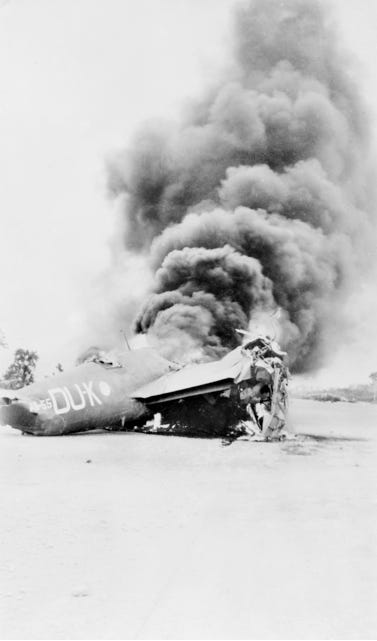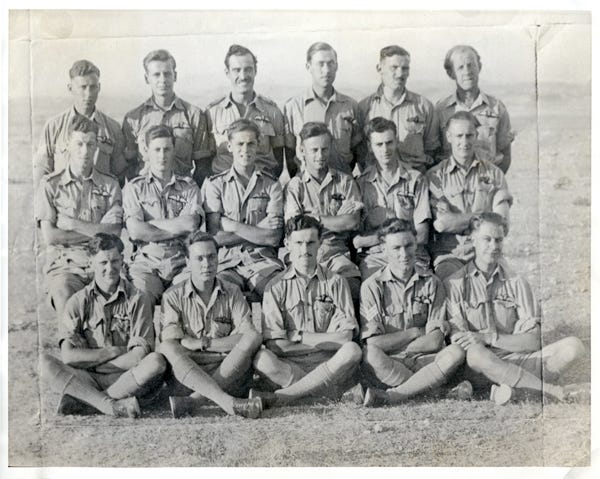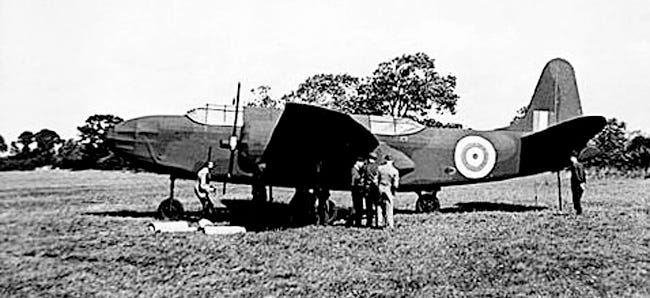back, left to right: Vic Seaton Frank Buck X Alex MacDonald Tut White Bill Wilkes X Don Downing
middle row: Shearer Eric Von Bock X Les Corney X Jack Fitzpatrick X Monty M Brown Bill Wilson
front: Eric Watts Robert Thomas Neil Moss Vic Treasure Frank Purnell X
6/17 killed: 35%
46,998 Canadian military killed in the Second World War.
Canada's population in 1939: 11.25 million
Enlistment: 1.3 million, 41% of all men between 19 and 25.
Royal Canadian Air Force deaths: 17,974
Royal Canadian Navy: 4,154
Canadian Merchant Navy: 1,146
Canadian Army: 24,870
Here is a tough corrective to the sentimentality that surrounds Remembrance Day memorial discussions, including such things as 'they died for our freedom':
Dennis McHarrie, on the death of his friend whose defective plane crashed:
Luck
I suppose they'll say his last thoughts were of simple things,
Of April back at home, and the late sun on his wings;
Or that he murmured someone else's name
As earth reclaimed him sheathed in flame.
Oh God! Let's have no more of empty words,
Lip service ornamenting death!
The worms don't spare the hero;
Nor can children feed upon resounding praises of his deed.
'He died who loved to live,' they'll say,
'Unselfishly so we might have today!'
Like hell! He fought because he had to fight;
He died that's all. It was his unlucky night.
– from Victor Selwyn's The Voice of War, Poems of the Second World War. The Salamander Oasis Trust, 1995
There was a knot of anger in many of the WWII veterans that many of us grew up with. They felt that no one quite got it, but they couldn't explain how the war had changed them. They went off after grade 11, the lucky ones came back at 22, shocked and not allowed to show it, so they just got on with things. But this is what they knew:

Probably someone said after, ‘Hmm. That was a bit tight’.
Reprisal
They worked all night with cardboard and with wood
to make those dummy planes to hoodwink the foe,
and in the chilly morning solitude
wheeled out the dummies to places they should go
on the dispersal fields, and went away;
the hours passed uneventfully, and even
no reconnaissance planes were overhead that day.
They evacuated in the twilight, just after seven
and when they'd gone the Germans flew above the drome
and by each plane they dropped a wooden bomb.
– from Herbert Corby, Hampdens Going Over, Editions Poetry London, 1945
Corby was an RAF Armourer in a bomber squadron. The poem is about the operations leading up to the Battle of el Alamein, 1942. Did it happen? This is a poem. Like the fabled Christmas Truce in the First World War, often written about in poem and song, this is the Second World War's registration of some sort of common humanity that renders the act of battle so much more inexplicable.
As I write this on November 7, the neighbourhood piper is out practicing for Saturday.





Stephanie your post and anne o'callaghan's reflect the shocking horror and reality of war...nothing sentimental there
I was born in 1944 in war. My daughter was born in peace on November 11, 1968.